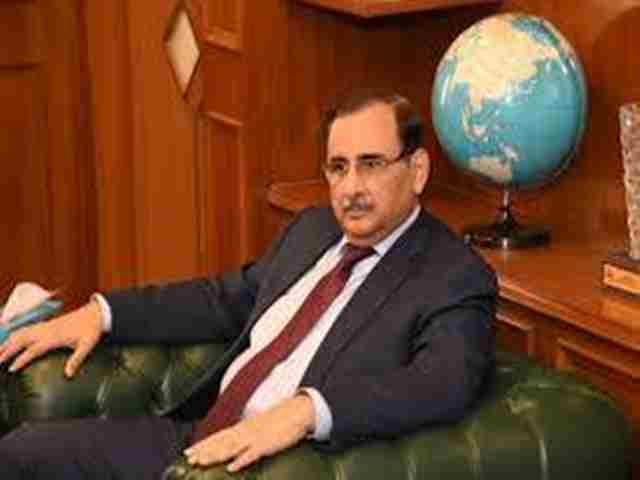KARACHI: Federation of Pakistan Chambers of Commerce and Industry (FPCCI) on Monday demanded the government to release the consignments of soybean and canola cargoes at the earliest.
In different communications sent to the Prime Minister, the finance minister and the commerce minister, the apex trade body informed that soybean seed was a major raw material for the different industries in Pakistan.
READ MORE: KATI urges removal of regulatory duty on yarn
Initially it has been used for oil extracting industry for the production of oil purpose then its residual is used in the feed of animals because it is protein rich substance. In poultry industry it has been used as feed.
If the supply of this raw material is stopped or delayed then the industries which are directly attached with the poultry industry like hatching industry and feed mills may also suffer and as a result of this millions of people will lose their jobs.
READ MORE: Pakistan slaps 5pc regulatory duty on yarn import
“It is also used in the feed of cows, goats and buffalos in this connection the Halal industry of Pakistan will also be hurt by this decision,” the FPCCI added.
The soybean and canola cargoes are stuck up at port area Karachi due to restriction of PPRO organization which comes under the ministry of food security. The ministry has stopped the consignments on the arguments that the goods are GMO Seeds with the apprehension which may cause cancer to humans.
“Whereas the industry has a point of view that it only happens when it is used in sowing purpose and in Pakistan it is only used in oil extracting and feed industry,” the FPCCI informed.
READ MORE: Industries threaten mass protest against gas supply shutdown
The cargoes are under heavy demurrage and detention since their arrival and adding cost to the miseries of stakeholders. It is pointed out that soybean meal is an ingredient which contributes 15-20 per cent of used in the industry.
Soybean is termed as to contain the highest crude protein content to the extent of 44 per cent which contributes to reasonable yield in milk production.
It is to record that soybean is being imported in the country since last many years and widely traded commodity. However, its clearance is at halt for the reasons best known to the hierarchy. “The situation is causing cancellation of market commitment and contracts escalating the cost of doing business,” it added.
READ MORE: Member Customs assures swift clearance of export consignments
On the other hand its substitute i.e. canola meal is also being treated on the same line and consignments are pending clearance at the port.
The FPCCI of the view that if such practices are carried on and the consignments are stuck up at the port, the situation will result in shortage of poultry, meat and dairy items are the basic commodities which has a routine use in daily life,
FPCCI is analyzing the situation seriously, and strongly recommended that immediate relief to the stakeholders may be granted before the situation gets out of control.



